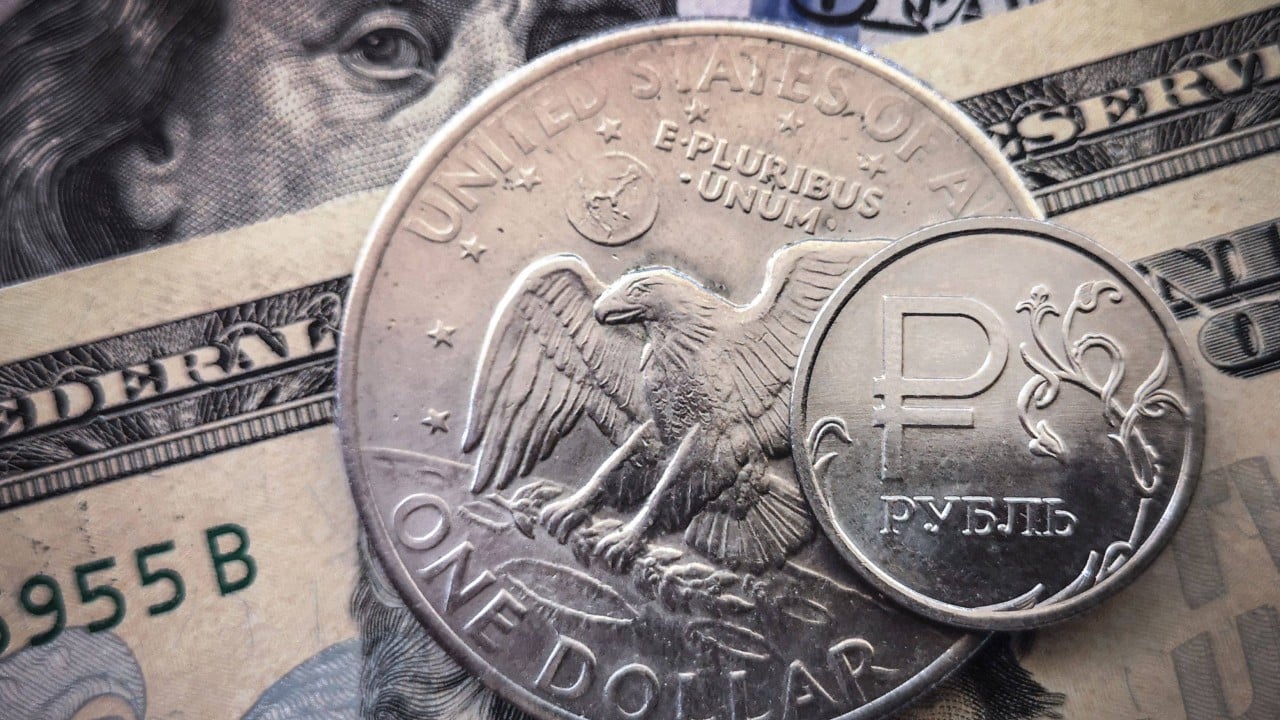US president-elect Donald Trump’s threat to impose 100 per cent tariffs on Brics countries if they pursue a common currency has bewildered analysts, with some wondering why Trump is venting about something most see as highly unlikely.
Advertisement
The Brics countries – Brazil, Russia, India, China, and South Africa, in addition to a few recently added economies – are far from a financial alliance. The idea that they can create a common currency to take on the US dollar is pure fantasy. While Russian President Vladimir Putin has flirted with the idea by showing off a colourful Brics banknote at a recent summit in Kazan this year, he was quick to clarify that the group is not considering a new currency.
The member states are unified by a shared discontent with the US-led world order and belief that their voices do not get the attention they deserve. Still, the group lacks influential institutions or capabilities.
The Shanghai-based New Development Bank, formerly the Brics Development Bank, is unlikely to assume the role of central bank. The group’s annual summit offers a new chance for state leaders to mingle and provides a stage to make symbolic political gestures, but little else.
Despite the undertone of resentment towards US hegemony, the term Bric was first published by American investment bank Goldman Sachs. The acronym was coined by British economist Jim O’Neill to inform clients about trading and investment patterns, like the Pigs tag for Portugal, Italy, Greece and Spain during the European debt crisis.
Advertisement
The term Bric started to gain political weight after the G8 summit in Japan in 2008. One unconfirmed story is that Japan listed G8 members as honoured guests while the five invitees – China, Brazil, Mexico, India and South Africa – were peripheral. The G8+5 global governance was quickly discarded for a more equal and inclusive G20, and Bric states started to develop some camaraderie. The first Bric summit was in 2009, before South Africa’s inclusion in in 2010 added the “S” to the name.

